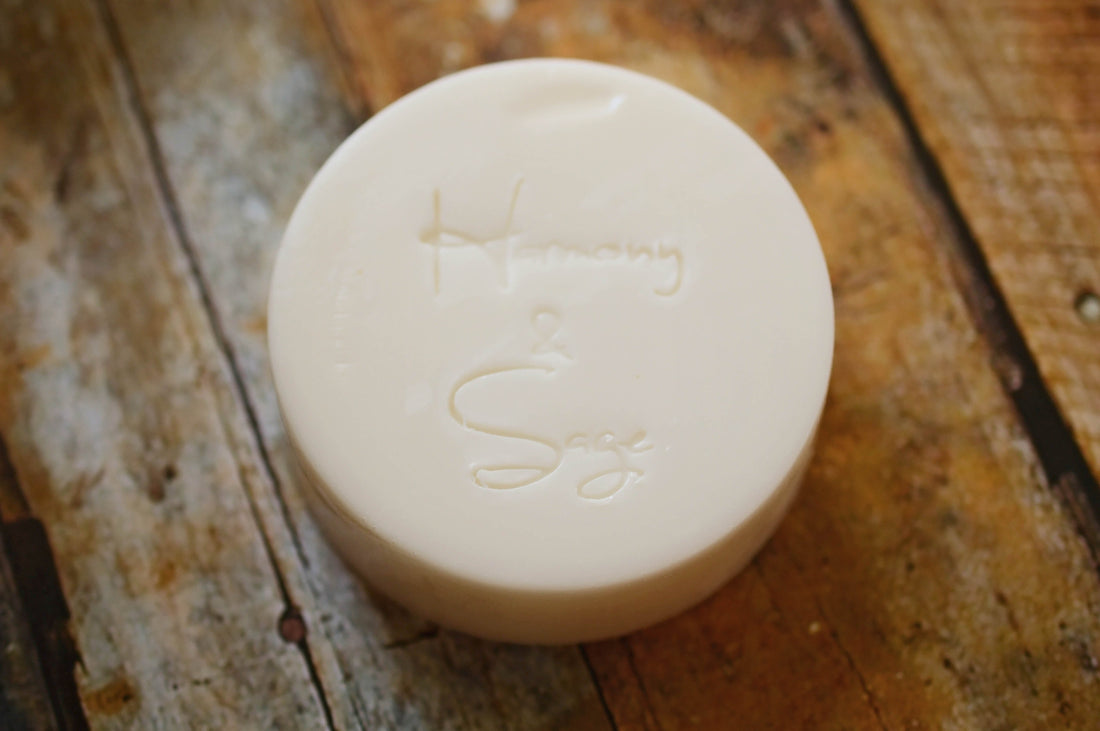
Let's Talk Soap
Share
After deciding to offer detergent based soaps alongside my detergent free soaps I thought I should explain the difference and the benefits of each type.
Have you ever wondered about the byproducts of the lye making process? One interesting byproduct that often goes unnoticed is glycerin. Let's dive into what glycerin is and how it is produced during the lye making process.
What is Glycerin?
Glycerin, also known as glycerol, is a colorless, odorless, and sweet-tasting liquid that is commonly used in various industries, including food, pharmaceuticals, and personal care products. It is a versatile compound with many beneficial properties.
How is Glycerin Produced in the Lye Making Process?
During the lye making process, which involves mixing sodium hydroxide (lye) with fats or oils to create soap, glycerin is formed as a byproduct. This process, known as saponification, results in the separation of soap and glycerin.
When lye is mixed with fats or oils, it breaks down the triglyceride molecules into fatty acid salts (soap) and glycerin. The soap is then used for cleaning purposes, while the glycerin is extracted for its moisturizing properties.
Benefits of Glycerin in Soap Making
Glycerin is a humectant, which means it attracts moisture to the skin. This makes it an excellent ingredient in soap, as it helps to keep the skin hydrated and soft. Glycerin also has emollient properties, which help to smooth and soften the skin.
Additionally, glycerin is gentle on the skin and suitable for all skin types, including sensitive skin. It helps to maintain the skin's natural barrier function and prevent moisture loss, making it a popular ingredient in skincare products.
Conclusion
Next time you use a bar of soap, take a moment to appreciate the role of glycerin in the lye making process. Not only does glycerin contribute to the moisturizing properties of soap, but it also has a range of benefits for the skin. So, lather up and enjoy the nourishing effects of glycerin in your daily skincare routine!
---------------------------------------------------------------------------------------
When it comes to choosing the right soap for your skin, the options can be overwhelming. Let's break down the key differences between detergent based soaps with lye and glycerin based soaps with no detergents to help you make an informed decision.
What is the Difference Between Detergent Based Soaps and Glycerin Based Soaps?
Detergent based soaps, often made with lye, are effective at removing dirt and oil from the skin. However, they can also strip the skin of its natural oils, leading to dryness and irritation. On the other hand, glycerin based soaps are gentle and moisturizing, as they do not contain harsh detergents. Glycerin is a natural humectant, which means it helps to attract and retain moisture in the skin.
Why Choose Glycerin Based Soaps?
If you have sensitive skin or are prone to dryness, glycerin based soaps may be the better choice for you. These soaps are mild and non-irritating, making them suitable for all skin types. The moisturizing properties of glycerin can help to hydrate the skin and leave it feeling soft and smooth.
How Do Detergent Based Soaps Compare?
While detergent based soaps are effective at cleansing the skin, they can be too harsh for some individuals. The lye in these soaps can disrupt the skin's natural barrier, leading to dryness, redness, and irritation. If you have sensitive skin or conditions like eczema, it's best to avoid detergent based soaps and opt for gentler alternatives.
Final Thoughts
When it comes to choosing between detergent based soaps with lye and glycerin based soaps, consider your skin type and concerns. If you prioritize gentle cleansing and hydration, glycerin based soaps are the way to go. On the other hand, if you prefer a deep clean and don't have sensitive skin, detergent based soaps may be suitable for you. Ultimately, the choice is yours, so choose a soap that makes your skin feel happy and healthy!
